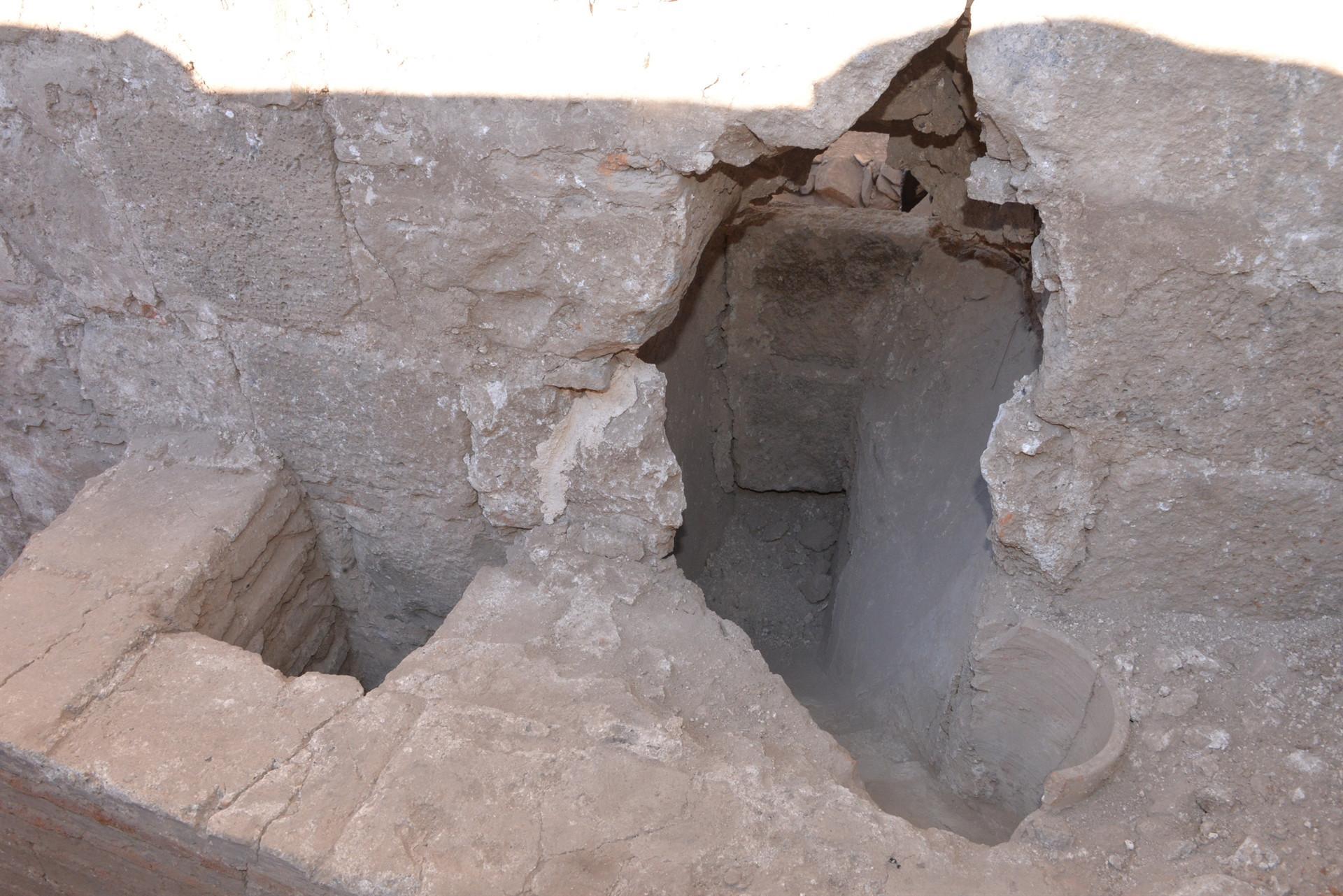Modern heating system unearthed in Artuqid Palace
DİYARBAKIR

A modern heating system believed to have been built by Al-Jazari, a Muslim scholar who invented water clocks driven by both water and weights, was found in the Artuqid Palace in the southeastern province of Diyarbakır.
A large amount of water was heated and then distributed from the storage area on the walls to the rooms and halls at the palace thanks to the heating system found in excavations at the 8,000-year-old Amida Mound.
Professor İrfan Yıldız, the head of the excavation, pointed out that this system may have been designed by Al-Jazari, adding that similar structures made of brick material were seen in the water system designed by the Muslim scholar.
Noting that the heating system of the Artuqid period was similar to the modern versions, Yıldız said that it can be said that the earliest heating system in a palace has been found.
Underlining that Al-Jazari lived in the 800-year-old palace for 25 years, Yıldız said: He probably contributed to this heating system as well.
The palace was the seat of the Diyarbakır branch of the Artuqid dynasty, a Turkish principality that ruled eastern Anatolia in the 12th and 13th centuries.
The main body of the palace, partially excavated in the 1960s, is still buried under a mound today.
















